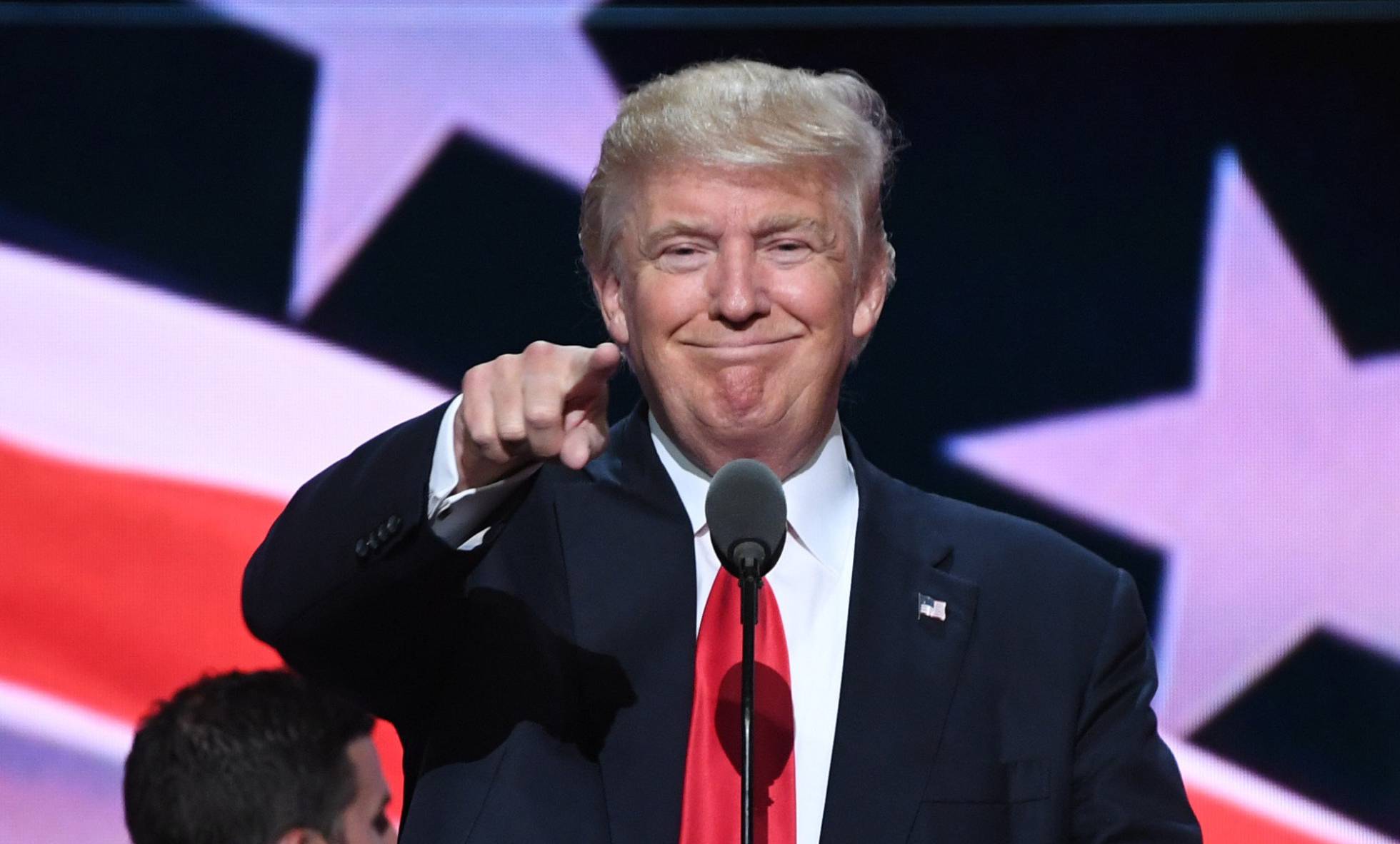
Against all early predictions that Donald Trump, a buffoon with authoritarian tendencies, could not possibly win the Republican nomination, the Republican convention, which ended last night in Cleveland, Ohio, has nominated a candidate for the White House who represents a grave danger for both the U.S. and the rest of the world.
It was not the spite of a sore loser that drove Ted Cruz, the ultraconservative senator who fought Trump for the nomination, to step out in front of the convention’s raucous crowd and refuse to endorse the Republican nominee. Rather, it was a profound belief that Trump’s candidacy puts at risk the very principles that inspired the U.S. Constitution.
It is regrettable that the Republican Party, either through inability or a cowardice that will long be remembered, has been unable to elect a candidate who is able to leave anger to one side, unite Republicans behind the values that they hold in common, and guarantee to defend the rights and freedoms that form the bedrock of American democracy. Like all democratic and developed societies, the U.S. clearly has many problems, as has been seen time and time again: the crisis of political representation, exemplified by Trump, feeds off of a social malaise rooted in the uncertainties created by recent profound economic changes. Trump has secured the nomination by playing on these fears with the help of the basest racism and most simplistic populism.
The global consequences of a potential Trump victory are worrisome to say the least—but who would dare to rule it out after the result of the British Brexit referendum? In addition to Trump’s well-known desire to build a wall along the Mexican border and his inconceivable proposal to ban all Muslims from entering the country, one can now add doubts over his commitment to the security guarantees that underpin NATO.
In a new show of irresponsibility—certainly followed with great interest in Moscow and Beijing, which are both currently exerting high levels of pressure on key U.S. allies in Eastern Europe and the South China Sea—Trump has distanced himself from committing to the notion of collective defense, as laid out in article five of the North Atlantic Treaty which obligates all members to consider an attack on one member state as an attack on all. All of this comes precisely at a time when NATO has just strengthened its eastern flank—sending a clear message to Moscow about the sovereignty of its members—and when China is weighing its response to a finding by an international tribunal in The Hague against them.
It now falls on Republican voters, divided like never before and abandoned by their party, to decide if Trump would be the president that they and the world deserve. It has been a poor start to a process that could ultimately lead to a conclusion that I sincerely hope does not come to pass – for everyone’s sake.

Leave a Reply
You must be logged in to post a comment.